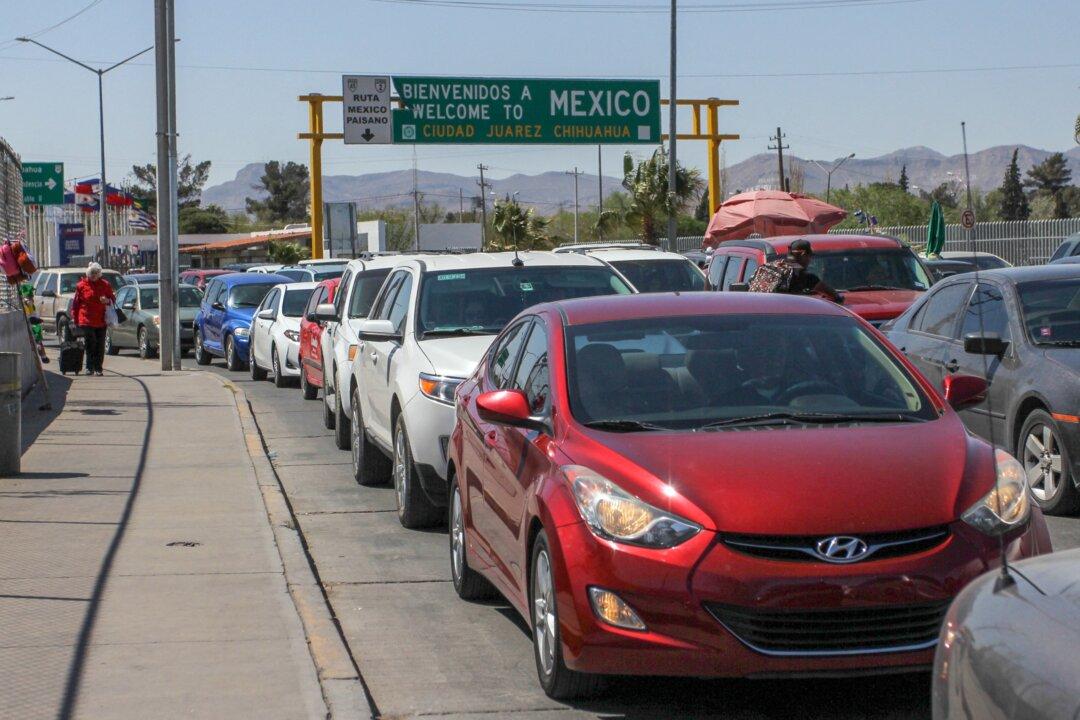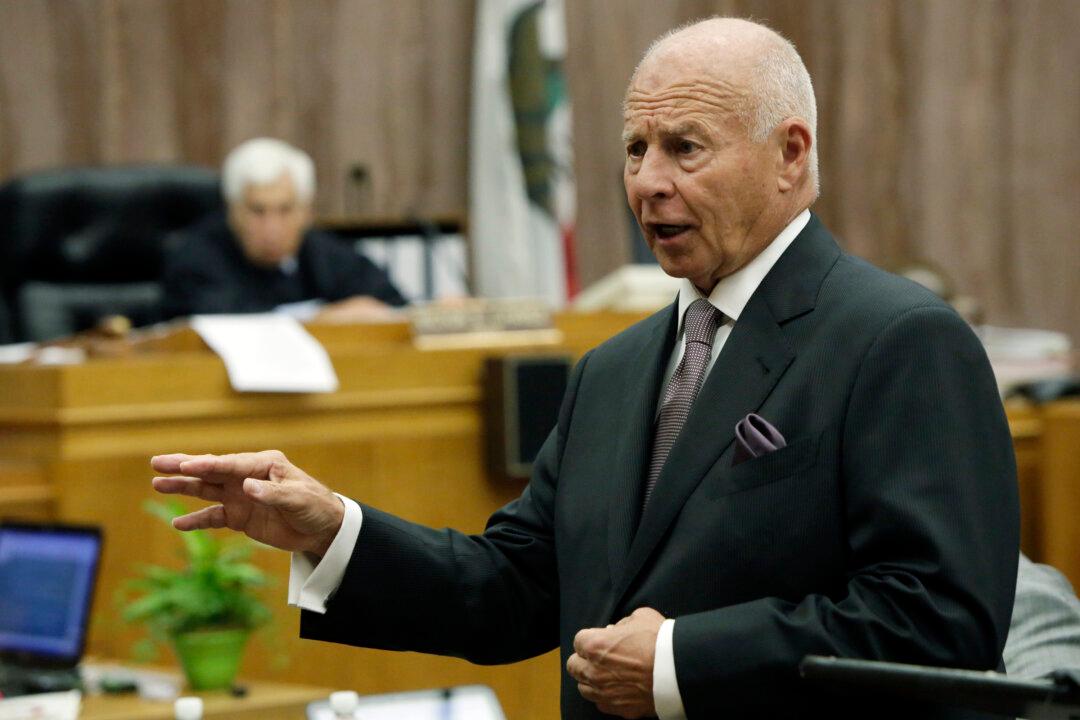Cargo processing operations at an El Paso port of entry had to be temporarily suspended earlier this week, impacting trade across one of the busiest border ports due to the influx of illegal immigrants at Eagle Pass.
According to the U.S. Customs and Border Protection (CBP), personnel had to be diverted from processing cargo due to a need to assist in “processing noncitizens,” following a recent heavy influx of illegal immigrants from across the border.




